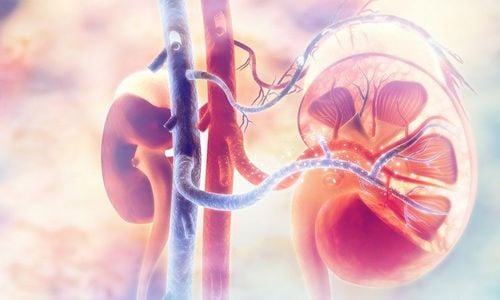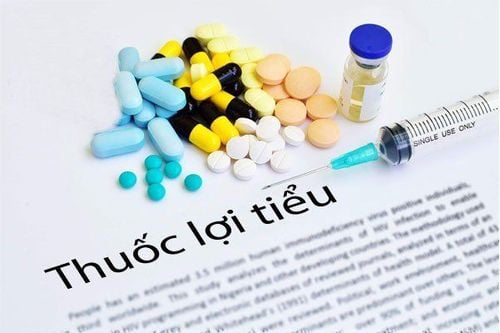This is an automatically translated article.
Video content is consulted by General Internal Medicine - Department of Examination & Internal Medicine - Vinmec Nha Trang International General Hospital.
“What is the blood sugar for diabetes?” This is a question that many people are interested in today. In this regard, the doctor at Vinmec Nha Trang said, diabetes is a chronic disease related to hormonal disorders, with the characteristics of increased blood glucose concentration, disturbances in carbohydrate, lipid, and protein metabolism. When you have diabetes, you are at increased risk for kidney, fundus, nerve and cardiovascular diseases.
Some people at high risk of diabetes include:
People over the age of 45; People with BMI greater than 23; People with systolic blood pressure ≥ 140 mmHg or/ and diastolic blood pressure ≥ 85 mmHg; Family history of people with diabetes in 1 generation including father, mother, siblings, biological children; Personal history of metabolic syndrome, pre-diabetes; Women with medical conditions during pregnancy such as gestational diabetes, giving birth to a baby weighing over 4000 grams, multiple spontaneous abortions, stillbirth...; People with a history of dyslipidemia when the HDL-c index is < 0.9 mmol/L and the Triglyceride index > 2.2 mmol/L. About "How much blood sugar is diabetes?" - Doctor Vinmec said: In order to diagnose diabetes accurately, it is necessary to rely on the WHO blood sugar diagnostic criteria, IDF-2012 as follows:
Fasting plasma glucose content ≥ 7.0 mmol/L (≥ 126 mg/dL); Plasma glucose concentration ≥ 11.1 mmol/L (≥200 mg/dL) at 2 hours after oral glucose tolerance; HbA1C ≥ 6.5% (48 mmol/mol according to the standards of the International Federation of Clinical Biochemistry - IFCC), or Presence of clinical symptoms of diabetes and glucose concentration at any time ≥ 11.1 mmol/L (≥200 mg/dL). High blood sugar will cause many health consequences, specifically:
Acute complications: Hyperglycemic coma, hypoglycemic coma, Chronic complications in large blood vessels such as the brain, coronary arteries, Lower extremities, Small vessels: Eyes; in autonomic nervous system: Causes postural hypotension, causes tachycardia, bladder sphincter disorders causing urinary urgency, urinary retention, gastroparesis, intestinal paralysis Other complications: Tooth decay, susceptibility to infection, Aid To prevent complications of diabetes, each person needs to:
Keep a standard weight for height, avoid overweight and obesity by: Eating the right amount of energy the body needs every day. Maintain, exercise regularly, drink enough water every day. Live happily, love, think positively. Avoid psychological stress.
Please dial HOTLINE for more information or register for an appointment HERE. Download MyVinmec app to make appointments faster and to manage your bookings easily.













